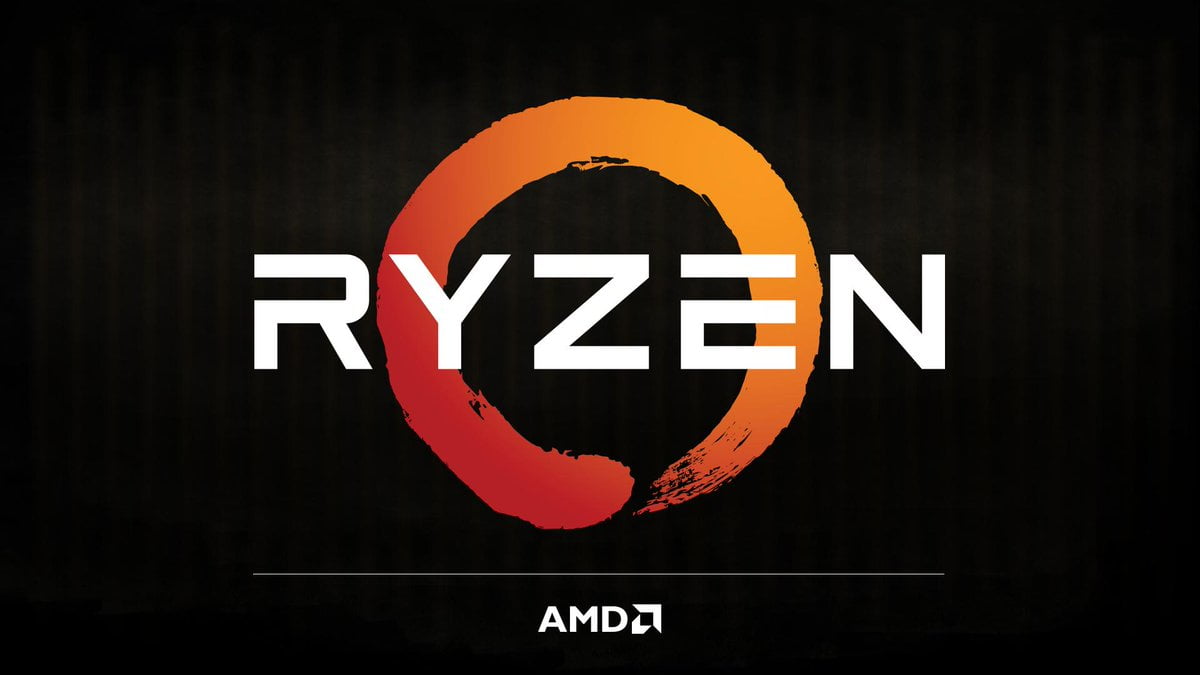CPUID explains AMD Ryzen performance decrease with new CPU-Z version

The new version of CPU-Z includes a new benchmarking tool which adjusts Ryzen performance numbers that are now much lower in comparison to Intel Skylake than they were before.
CPU-Z 1.79: AMD Ryzen performance decreased compared to Intel Skylake
We’ve seen AMD Ryzen CPUs offering much higher performance compared to Intel’s Skylake architecture on CPU-ID’s benchmarking tool. The new Zen-based chips scored 30% more in clock for clock versus Skylake, however, that performance was not replicable outside the benchmark.
The CPU-Z version 1.79 introduces a new benchmarking tool which uses a new algorithm, and its scores are not comparable to the previous version. Results from the CPU-ID’s new benchmark will be lower than the older one, especially the Ryzen performance decreases thanks to the benchmark’s new algorithm.
Read More: Intel’s 6-core Coffee Lake Launch pushed forward to tackle AMD Ryzen
Here’s what algorithm and instruction set this benchmark uses:
The new benchmark computes a 2-dimensional noise function, that could typically be used in a game to generate a procedural map. The code is written in C++, and compiled with Visual C++ 2008. No special instruction set is used, but the x64 version uses scalar SSE/SSE2 instructions to achieve floating point operations, whereas the 32-bit version keeps using the legacy x87 instructions, resulting in almost half of the x64 performance.
The AMD Ryzen debuted almost two years after the release of the first version of CPU-ID’s benchmark. As stated above, it scored nearly 30% higher than Intel Skylake, but upon further investigation, CPUID found that the code of the benchmark actually fell into a special case for Ryzen microarchitecture.
There was an unexpected sequence of integer instructions which had a noticeable but similar impact on all existing microarchitectures at the time the previous benchmark was developed. CPUID explains the scenario as follows:
When Ryzen was released, we found out that their ALUs executed this unexpected sequence in a much more efficient way, leading to results that mismatch the average performance of that new architecture. We reviewed many software and synthetics benchmarks without being able to find a single case where such a performance boost occurs. We’re now convinced that this special case is very unlikely to happen in real-world applications. Our new algorithm [described above] does not exhibit this behaviour.
DON’T MISS: AMD cuts the price of Ryzen 7 1800X to $470
The new benchmark is designed to offer better support for highly threaded CPUs and showcase scores that are a lot more representative of their real-world performance.
It’s been ten days since this new benchmark tool has been made available, and thousands of scores were recorded in the meantime. CPUID is planning to put a database of these results online during this week.